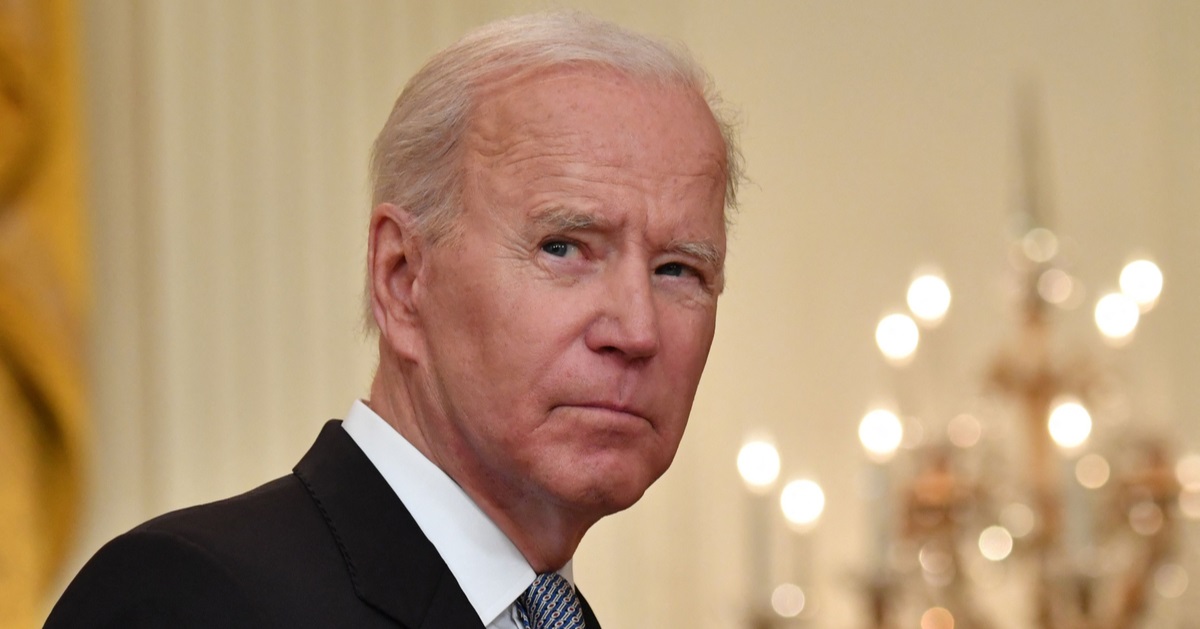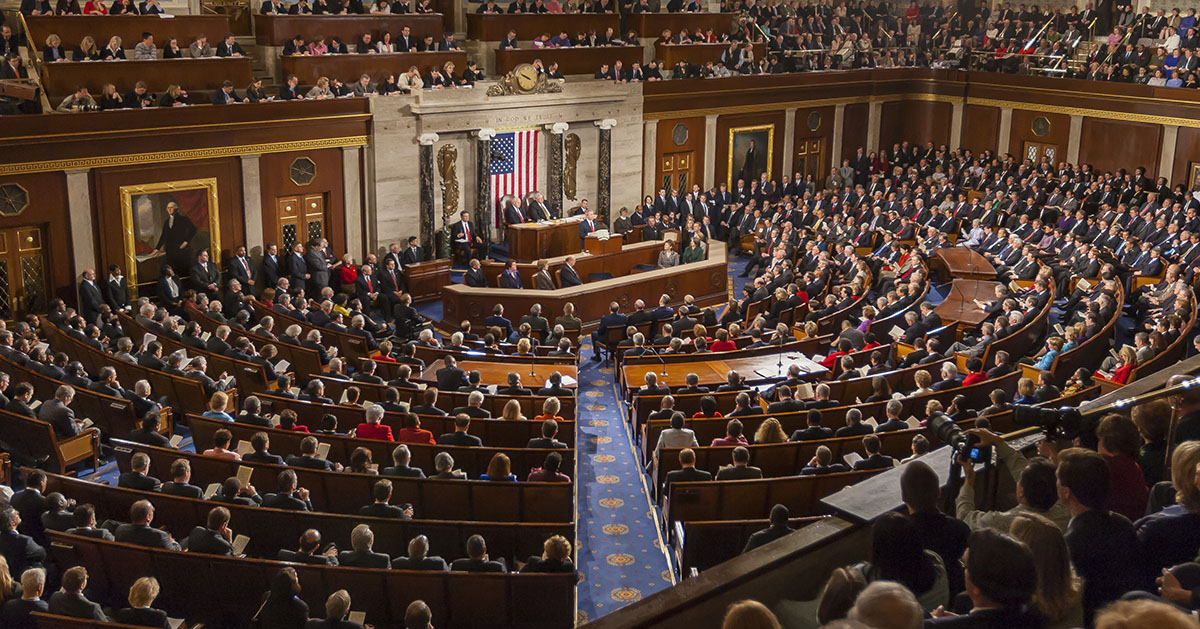House GOP, plus four Democrats, vote to overturn new EPA rule on heavy truck tailpipe emissions
The Republican-controlled House, with help from four Democrats, voted on Wednesday to overturn a strict new Environmental Protection Agency regulation on tailpipe emissions from heavy-duty trucks, The Hill reported.
The final vote was 221-203 in favor of striking down the EPA regulation, and all Republicans but one, Rep. Brian Fitzpatrick (R-PA), were on the prevailing side along with Democratic Reps. Henry Cuellar (TX), Jared Golden (ME), Vincente Gonzalez (TX), and Mary Peltola (AK).
Unfortunately, President Joe Biden already announced his intent to veto the measure overturning the EPA's new truck emissions rule when the Senate passed a similar bill of disapproval in April.
"Woke bureaucrats" on a "climate justice crusade"
According to Fox News, the legislation that passed the House on Wednesday had first been introduced by Rep. Troy Nehls (R-TX) in April as a companion bill to the Senate's effort that had been launched by Sen. Deb Fischer (R-NE).
In a floor speech ahead of the Tuesday vote, Nehls said, "Folks, I want to be crystal clear today. Woke bureaucrats in Washington are on a climate justice crusade using the heavy hand of government to go after the trucking industry that keeps America moving. And in the last three decades, we've made significant, significant strides in the right direction to decrease emissions and increase efficiency."
"The EPA unilaterally imposed this detrimental rule which could lead to a litany of further supply chain disruptions across the country, hit the smaller mom-and-pop trucking companies the hardest, and pass along increased costs to the American consumer," the Texas congressman added. "This is exactly why it is imperative that the House passes this joint resolution to nullify this burdensome regulation."
EPA finalized new rule in December and already proposed even tougher regulations
At issue here is a final rule on tailpipe emissions standards announced by the EPA in December 2022 that will apply to all heavy-duty trucks beginning with the 2027 model year and beyond -- new standards that the agency touted as being approximately 80 percent more stringent than the current standards that have been in place for the past two decades.
The EPA made a variety of unsupported claims about supposed health, economic, and climate benefits that would accrue over the next 20 years once the new standards were in effect but also made it clear that they weren't content with that achievement and intended to reduce pollutants from truck emissions even more.
Indeed, on April 12, before the new standard had even made an impact, the EPA announced two more proposed rules as part of its "Clean Trucks Plan" -- one that will further regulate emissions from heavy-duty vehicles and another that will stiffen emissions regulations on light- and medium-duty trucks.
Senate Republicans, plus Joe Manchin, voted against the rule in April
On April 26, the Senate voted 50-49 to overturn the EPA's final rule on heavy-duty truck emissions thanks to the help of Sen. Joe Manchin (D-WV), who crossed the aisle in support of the legislation filed earlier by Sen. Fischer.
At that time, Fischer said of the passage of her bill, "As families suffer under the burden of high inflation, the last thing we need are more expensive freight costs and fewer truckers."
"Today, the Senate took bipartisan action to stop yet another aggressive Biden regulation that would drive up costs for consumers, increase vehicle costs, and hurt good-paying jobs. This regulation is jeopardizing our economy, and I look forward to the Republican-controlled House taking up our legislation."
A particularly costly new regulation
According to the press release from Sen. Fischer, the EPA had claimed that its new rule would only marginally increase compliance costs for the trucking industry by an estimated $2,500-$8,000 per vehicle.
However, the American Truck Dealers Association suggested the costs would be much closer to around $42,000 per vehicle, would likely cost the industry as a whole up to $55 billion, would perversely incentivize companies to keep older and less efficient trucks on the road longer, would drive numerous small trucking companies out of business, and would inevitably result in higher costs for delivered goods for American consumers.






